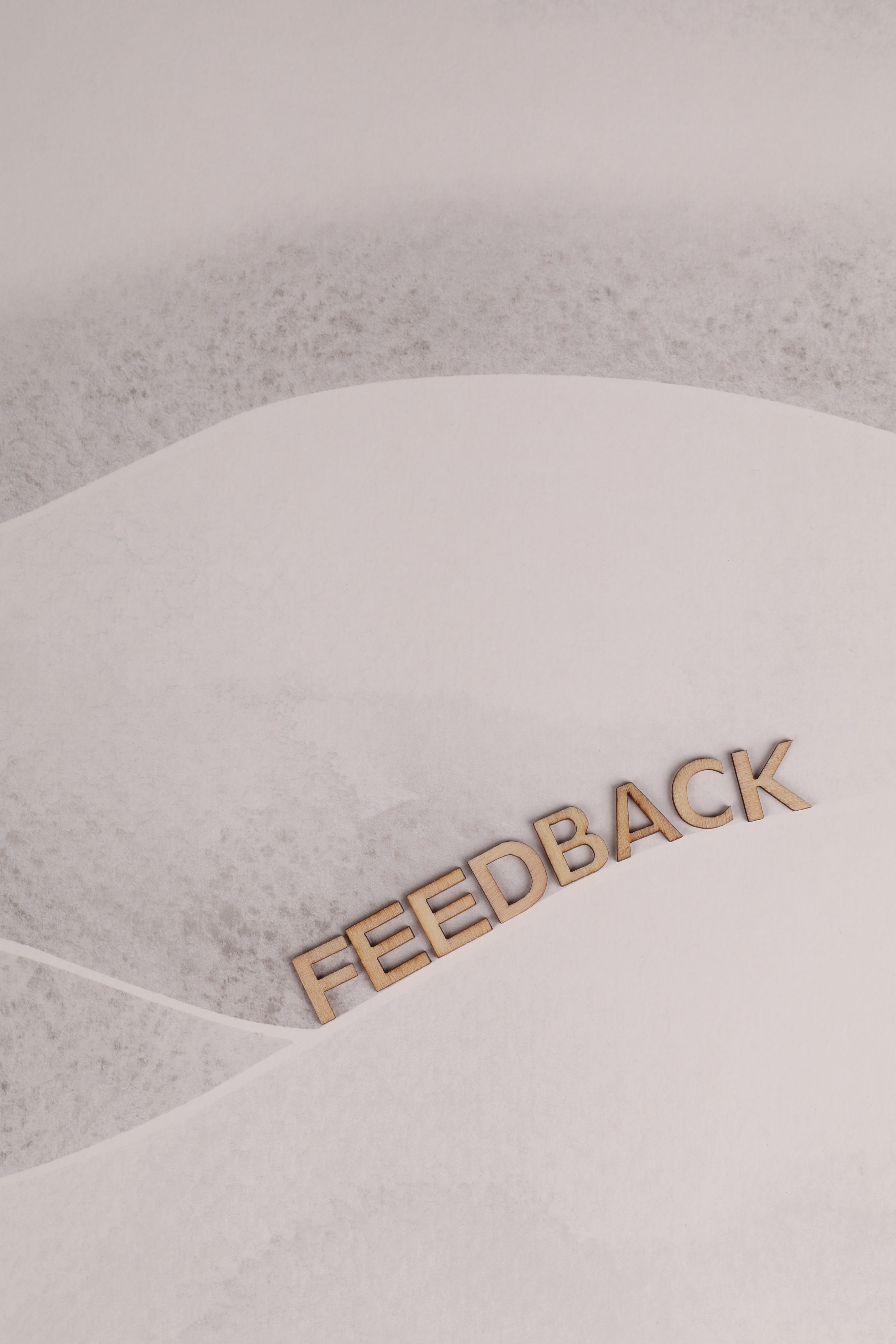

Verification, A Test of Creativity
Nircle FilmMaker & Photographers@nirclefilmmaker
1 year ago
As the concept emerges from the crucible of creation, the journey through the verification stage becomes the litmus test—an essential crucible where practicality and effectiveness are rigorously examined. In this critical phase, creative individuals embark on a quest for validation, seeking feedback, conducting experiments, and refining their creations based on real-world testing.
Practicality is the cornerstone of any successful creative endeavor. In the verification stage, creators meticulously assess whether their concept aligns with real-world constraints and functions as intended. This involves scrutinizing the feasibility of implementation, considering available resources, and ensuring that the envisioned creation can navigate the practical challenges it may encounter.
Effectiveness is the North Star guiding the verification process. Creators strive to understand whether their concept achieves its intended goals and resonates with the intended audience. This quest involves assessing the impact, relevance, and efficiency of the creation in the context for which it was envisioned. Effectiveness is not just about doing things right but doing the right things.
Seeking feedback is a pivotal aspect of the verification stage. It opens the door to diverse perspectives, providing valuable insights that creators might have overlooked. Feedback becomes the catalyst for improvement, prompting adjustments and refinements. Constructive criticism, whether from peers, mentors, or the intended audience, serves as a compass, guiding the creative individual toward greater heights of excellence. Get feedback from fellow Nirctives on a creative project when you share on your feeds #CreatorFeedback #Nirctivefeedback
Verification often involves taking the concept out of the theoretical realm and into the tangible world through experiments and prototypes. For a writer, this might mean testing a narrative on a small audience; for a designer, it could involve creating a prototype to visualize user interactions. Real-world experiments provide invaluable data and reveal aspects of the concept that may not have been apparent in the ideation and elaboration phases.
The verification stage is not a one-time affair; it's an iterative process of refinement. Each round of testing, feedback, and adjustment brings the creation closer to its optimal form. Creators embrace this iterative nature, understanding that the journey towards excellence involves continuous learning and improvement.
Adjustments made during the verification stage are not merely cosmetic; they go to the core of the concept, enhancing its strengths and mitigating its weaknesses. This stage demands a willingness to pivot, reshape, or even discard elements that do not align with the desired outcome. It's a transformative process where the creation evolves in response to the realities it encounters.
